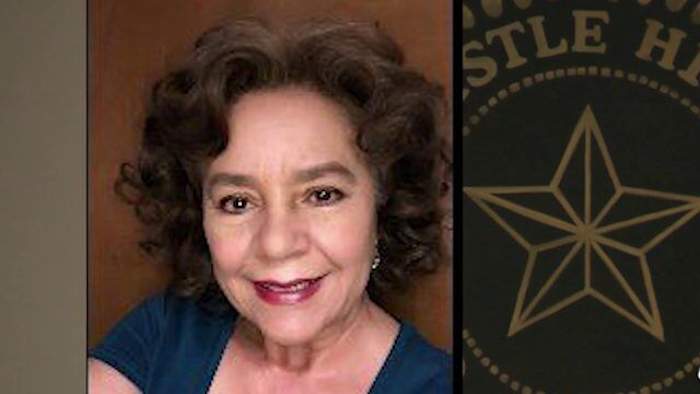CASTLE HILLS, Texas – Former Castle Hills councilwoman Sylvia Gonzalez and the city have agreed to a six-figure settlement following a federal lawsuit that made its way up to the Supreme Court in 2024.
In a city news release obtained by KSAT on Wednesday, Castle Hills officials acknowledged a “monetary payment” made to Gonzalez but did not disclose a specific amount.
Gonzalez and her attorney, Anya Bidwell, confirmed to KSAT on Wednesday that the settlement is worth $500,000. The settlement figure “will not come from City funds,” according to the city news release.
“Oh my gosh. I feel like I can breathe again,” Gonzalez told KSAT. “It’s been a horrible experience, but I’m so glad it’s over.”
In May 2019, Gonzalez was elected as a city council member and, in the process, became the city’s first Hispanic councilwoman. Two months after her election, Gonzalez was arrested and charged with tampering with government records.
The charge stemmed from a city council meeting where surveillance video showed Gonzalez grabbing documents from Castle Hills Mayor JR Trevino’s dais.
The documents were a citizen’s petition, signed by more than 300 Castle Hills residents, that demanded the removal of then-city manager Ryan Rapelye. Neighbors believed that Rapelye ignored their concerns, which included the maintenance of street infrastructure.
Rapelye is now the city manager for the City of Garden Ridge in Comal County.
Gonzalez said she was accused of three crimes: theft, tampering with government records and forgery.
“I never left the building (Castle Hills City Hall) with my petition. It’s ridiculous,” Gonzalez said. “Why would I spend the time working on a petition getting over 300 names — not by myself; I had help — but, you know, why would I waste my time doing that and then steal it back?”
After she picked up the petition, Gonzalez said she was confronted by Trevino, who then alerted then-Castle Hills Police Chief Johnny Siemens.
Following her interaction, Gonzalez was arrested and charged with tampering with government records. She was later booked into the Bexar County Adult Detention Center.
The tampering with government records charge was eventually dropped, but Gonzalez filed a federal lawsuit against the city, Trevino and Siemens in 2020. Siemens is now Universal City’s police chief.
Four years later, the lawsuit, which claimed her First Amendment rights were violated, was heard before the Supreme Court. In June 2024, the court ruled in Gonzalez’s favor.
“The real hero in all of this is the Institute for Justice,” Gonzalez said. “They are a nonprofit, national law firm that exists to help people that have been treated unjustly. … I was very fortunate to have them represent me because most people don’t have the means to go all the way to the Supreme Court.”
The City of Castle Hills first announced the settlement during Tuesday’s city council meeting. In the news release, the city believed “that the claims were unfounded, which is why we are pleased that all individuals named in the case have been dismissed.”
However, Trevino has remained the city’s mayor before and after the Supreme Court’s ruling.
“It’s pretty funny when they say that ‘claims are unfounded’ because actions speak louder than words,” Bidwell told KSAT.
In addition to Gonzalez receiving $500,000, terms of the settlement also include the City of Castle Hills working with the Texas Municipal League to create a statewide training program about First Amendment retaliation. The program is required to include education on Gonzalez’s case (Gonzalez v. Trevino) that the Supreme Court sided with last year.
Bidwell, Gonzalez’s attorney with the Institute for Justice, also said the training program is optional for staff members of more than 1,000 municipalities statewide to attend — except for Castle Hills city staff, who are required to complete the program.
“Clearly, a victory for Sylvia Gonzalez — not just at the Supreme Court — but vindication now after the Supreme Court told her that she had a right to pursue her claims,” Bidwell said.
Gonzalez, 79, described her case going to the highest court in the land as an unexpected “trip of a lifetime.”
“Some good things, I guess, did come out of it because it’s going to help other people. In fact, it already has,” Gonzalez said. “A lot of people have been punished, you know, by cities for speaking up. We have freedom of speech in this country. We should be able to use it. We have rights. It’s all in the Constitution.”
More recent coverage of this story on KSAT:
Copyright 2025 by KSAT – All rights reserved.

